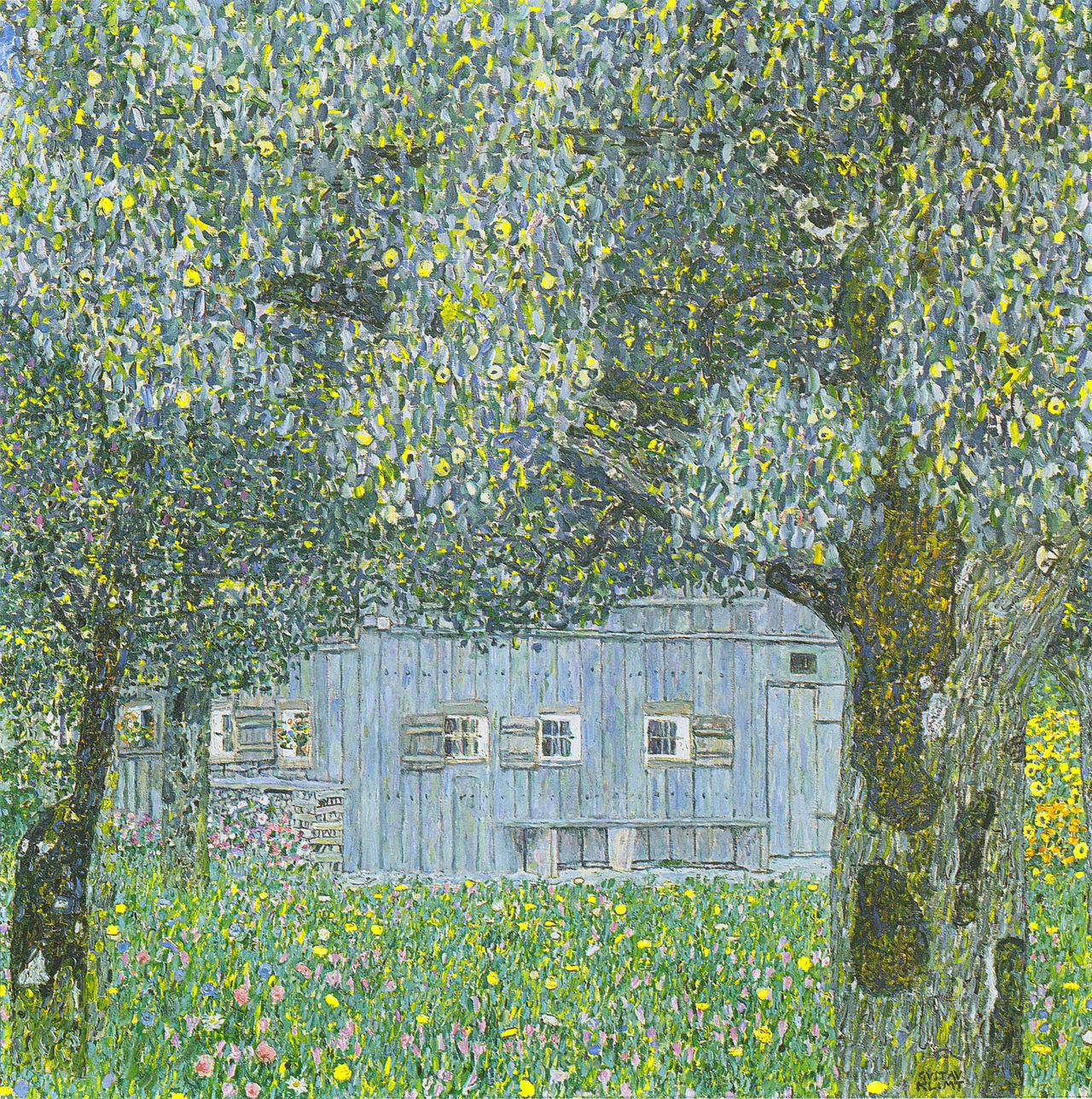—Nina Pierpont, MD, PhD
In my practice I have had experience with four families who have adopted children from Russian orphanages—a total of seven children. Three families adopted two children each, and one family adopted one. Of course my view is biased because I see children for behavior problems. But I notice that I keep seeing children adopted from Russia, and not ones adopted from China or Guatemala, for instance.
Three of the seven Russian adoptees are fine, or close enough (two, including the one girl, are unusually intelligent and nice, calm kids). Four have severe problems. The problems fall into two categories.
Two children who were adopted at older ages (one at three, and another at seven years old) have Reactive Attachment Disorder. These children are unable to attach to their new parents. They are controlling and disruptive, and have problems with compulsive bad behavior, such as stealing and destructiveness. Treatment is difficult, requiring specialized forms of therapy (not available everywhere) which may or may not work. These children ruin their new families’ lives, and may require placement in specialized foster homes or schools.
The two children who were adopted at younger ages (11 and 16 months) both have severe developmental problems. Both were unusually small at the time of adoption (11 pounds at 11 months old, and 15 pounds at 16 months). Average weight for American baby boys of these ages is 22 pounds and 25 pounds, respectively. Undoubtedly, these tiny, scrawny children inspired pity and a caretaking instinct in their eager parents-to-be. If all the children around them looked reasonably well grown and nourished, malnourishment in one could be a sign of a built-in, intrinsic problem, one the child is not going to grow out of with better feeding—and so it has proved for these two children. The 16-month-old, not only scrawny but hyperactive, at ten is showing the uncontrollable behavior and cognitive delays of fetal alcohol syndrome, despite his excellent parenting and education since coming to this country. The 11-month-old, now over three, has not progressed beyond infancy in language, social, or cognitive development.
How could these parents have known? It takes a trained eye to spot developmental problems in infants. Surely the doctors following these infants in their orphanages must know, but if they do, they seem not to share negative reports with prospective parents from another country.
Two rules emerge from this small sample—two red flags—which should lead a parent to refuse the adoption and which should override the parent’s dream about a child and her pity for the one before her:
1) First, do not adopt children much beyond infancy, which ends at the first birthday. Older children may be beyond the time when normal parenting can let them attach successfully to new parents. By the time their parents find knowledgeable help, it may be too late to help them even with counseling and therapeutic parenting.
2) Second, do not adopt an unusually small child. Take a growth chart (available at http://www.cdc.gov/nchs/about/major/nhanes/growthcharts/charts.htm) and plot the child’s current weight vs. age, aiming for above the 10th percentile line. If you feel the birth history is reliable, consider also not accepting any child born more than 3-4 weeks before the full term of pregnancy, or one which was especially small at birth (less than 6 pounds, about the 10th percentile for birth weight of term babies here). Small babies may have fetal alcohol syndrome or genetic defects leading to retardation. Premature babies may have suffered damage in the newborn period, such as bleeding in the brain causing retardation or cerebral palsy.
It seems that responsible people in the orphanage or in the agencies coordinating such adoptions should let you know about potential problems, and screen the children so as not to release ones with severe problems. Unfortunately, this seems not to be happening in the case of Russian orphanage adoptions, so prospective parents need to take some precautions of their own.
